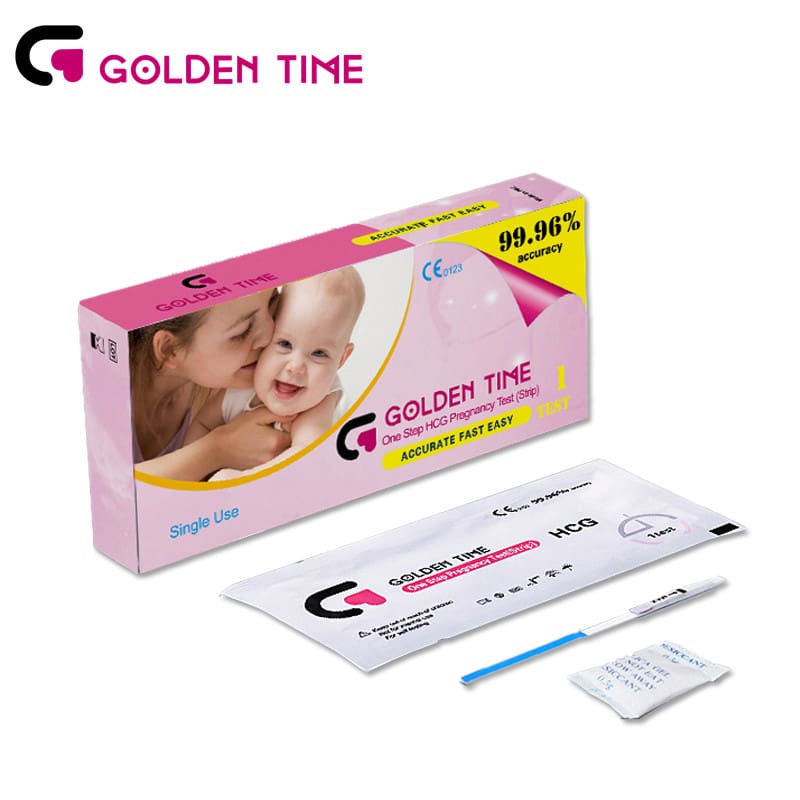Sep . 30, 2024 08:46 Back to list
Wholesale Suppliers for HIV, HBsAg, and HCV Testing Kits and Equipment
The Role of Wholesale Manufacturers in HIV, HBsAg, and HCV Testing
In the world of medical diagnostics, timely and accurate testing for infectious diseases like HIV (Human Immunodeficiency Virus), HBsAg (Hepatitis B surface antigen), and HCV (Hepatitis C virus) is critical for effective treatment and prevention strategies. The demand for reliable and affordable testing kits has significantly risen, making wholesale manufacturers of these diagnostic tools essential players in the healthcare landscape.
The Importance of HIV, HBsAg, and HCV Testing
HIV, HBsAg, and HCV are among the most pressing public health challenges globally. HIV affects millions, leading to widespread morbidity and mortality if not managed appropriately. Similarly, Hepatitis B and C are significant causes of liver disease, including cirrhosis and liver cancer. Early detection through testing is vital for all three infections, as it enables healthcare providers to initiate treatment promptly, reducing transmission rates and improving patient outcomes.
As public awareness of these diseases increases, so does the need for testing. Governments and health organizations worldwide are engaged in initiatives aimed at increasing testing among at-risk populations. This surge in demand presents an opportunity for wholesale manufacturers to supply healthcare providers with cost-effective and reliable testing solutions.
The Role of Wholesale Manufacturers
Wholesale manufacturers specializing in HIV, HBsAg, and HCV test kits play a crucial role in the healthcare supply chain. They serve as a bridge between the production of diagnostic kits and their distribution to hospitals, clinics, and laboratories. Here are some key aspects of their role
1. Cost-Effectiveness Wholesale manufacturers can produce test kits at scale, allowing for economies of scale that help lower costs. This cost reduction is crucial, especially in low to middle-income countries where healthcare budgets may be limited. Affordable testing kits facilitate wider access to essential screenings, crucial for tackling the spread of these infections.
2. Quality Assurance Reputable wholesale manufacturers adhere to stringent quality control protocols to ensure that their products meet established safety and efficacy standards. They often obtain certifications from health authorities, such as the FDA or CE marking in Europe, which adds an additional layer of trust for healthcare providers and patients alike.
wholesale hiv hbsag hcv test manufacturers

3. Innovation and Technology The landscape of medical diagnostics is continually evolving, with new technologies emerging regularly. Wholesale manufacturers often invest in research and development to innovate their testing products, offering more accurate, quicker, and simpler tests. For instance, point-of-care testing kits enable rapid results, allowing for immediate patient management decisions.
4. Supply Chain Efficiency Efficient logistics and distribution channels are vital for ensuring that testing kits are readily available in various healthcare settings. Wholesale manufacturers often have established networks to ensure timely delivery of their products, minimizing delays in testing which can negatively impact patient treatment timelines.
5. Partnership with Healthcare Providers Establishing strong relationships with healthcare facilities is essential for wholesale manufacturers. By understanding the specific needs and challenges faced by these providers, manufacturers can tailor their products and services, fostering collaboration that benefits public health.
Challenges and Considerations
Despite their pivotal role, wholesale manufacturers face various challenges. Regulatory compliance is a significant hurdle, as they must navigate the complex landscape of health regulations and standards in different markets. Furthermore, the proliferation of counterfeit test kits poses a risk not only to manufacturers but also to patient safety. Therefore, education about the importance of sourcing tests from reputable wholesalers is crucial.
Moreover, as the global health landscape continues to evolve, wholesale manufacturers must remain vigilant about emerging trends, such as the integration of telemedicine and digital health technologies. Adapting to these trends will be essential for staying competitive and relevant.
Conclusion
Wholesale manufacturers of HIV, HBsAg, and HCV test kits play a vital role in improving public health outcomes. By providing affordable, high-quality testing solutions, they contribute significantly to the early detection and management of these infectious diseases. As the demand for testing continues to rise, fostering innovation, maintaining quality assurance, and effectively navigating regulatory challenges will be crucial for these manufacturers. Their efforts ultimately pave the way for better healthcare accessibility and improved patient outcomes worldwide.
-
Dengue NS1 Rapid Diagnostic Test Kit
NewsMar.07,2025
-
Dengue NS1 Rapid Diagnostic Test Kit
NewsMar.07,2025
-
Dengue NS1 Rapid Diagnostic Test Kit
NewsMar.07,2025
-
Transferrin Rapid Test Cassette Tumor Marker TF Card
NewsMar.07,2025
-
Malaria Pf Pan Rapid Diagnostic Test Kit
NewsMar.07,2025
-
malaria pf / pan ag rapid test
NewsMar.07,2025

